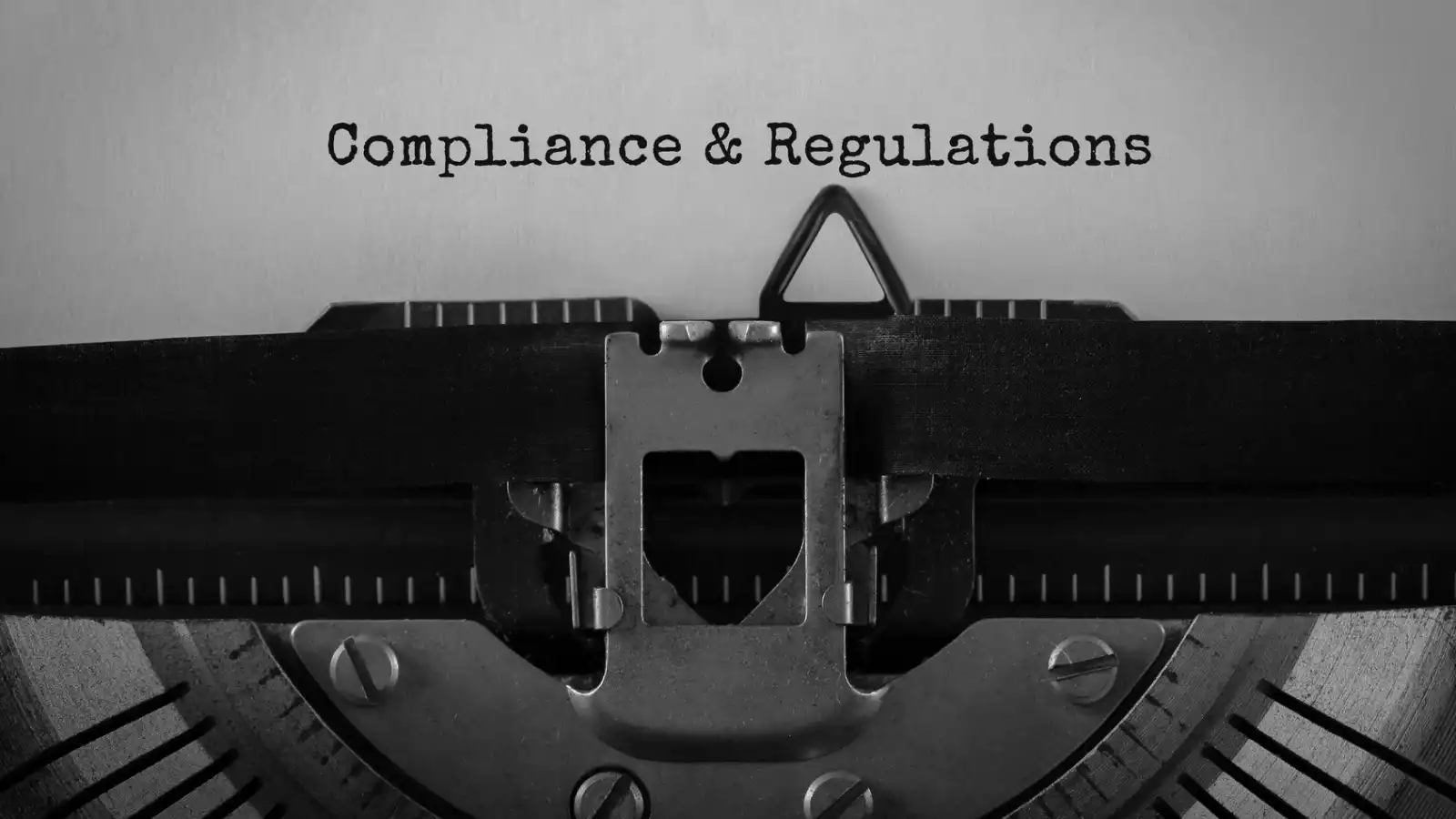Recently, we’ve heard questions from many small business owners who are wondering how to handle sick leave in Massachusetts. Whether you’re getting questions from your own employees or just aren’t sure how Massachusetts paid sick leave policy works, this article will walk you through the laws and help you understand your compliance requirements.
What is Massachusetts’ paid sick leave policy?
Massachusetts employees have the right to take up to 40 hours of paid sick leave each calendar year under the Massachusetts paid sick leave law. In 2015, Massachusetts enacted legislation that requires all employers with more than 10 workers to provide paid sick leave. Employers with 10 or fewer employees will be required to allow their employees to earn and use up to 40 hours of unpaid sick leave.
Under the law, employers that already provide at least 40 hours of paid leave (sick leave, vacation leave, or paid time off) are not required to offer additional benefits provided they permit employees to use at least 40 hours per calendar year for the purposes covered under the law.
Earned sick leave may be used for:
- Illness or an illness-related medical appointments
- Caring for an ill family member
- Attending routine medical appointments or accompanying a child, spouse, parent, or parent of a spouse to an appointment
How is sick leave in Massachusetts accrued?
All Massachusetts employee types (per diem, full time, part time, etc.) must accrue, at minimum, one hour for every 30 hours worked, up to 40 hours. This accrual is only for time worked, which means employers do not need to accrue sick time for jury duty, vacation, etc.—only hours worked. Some variants regarding sick time are:
- If your company has fewer than 11 employees: Employees must accrue sick time, but the time off can be taken without pay.
- If your company has 11 or more employees: Employers must accrue and pay employees for their sick time.
- If your company has a PTO policy instead of a separate sick leave policy, you can meet the requirements of the sick leave act by having a PTO policy that is more generous than the sick leave act.
Employers in Massachusetts are generally required to accrue sick time for all employees. As with the Family and Medical Leave Act, employees may use their earned sick leave intermittently, either in hourly increments or the smallest increment in the payroll system for absences.
Employees are permitted to carry over up to 40 hours of earned but unused sick leave into the next calendar year. Unlike vacation and other paid time off, employers are not required to pay employees for accrued but unused sick leave upon separation from employment.
Employers may require medical certification of the need for earned sick leave if the employee is absent for more than 24 consecutively scheduled work hours, but the employer may not delay or deny sick leave because they have not received medical certification. When the need for leave is foreseeable, employees must make a good faith effort to provide advance notice of their leave.
Mass Sick Leave Act FAQs
Do employers have to pay unused sick leave upon termination?
No. Unused sick leave is not required to be paid out upon termination, and is not considered wages.
Is PTO considered wages?
Yes. PTO is considered wages, and is payable to the employee upon termination, which would be an additional liability for Massachusetts employers who choose to use PTO instead of separate sick and vacation time. You are required to pay out the entire accrued, unused balance, whether termination was voluntary or involuntary.
What are the ramifications of administering sick leave or PTO incorrectly?
It could cost you in more ways than one. People depend on their benefits to live their lives, so if they can’t take time they’ve accrued or if sick leave balances are incorrect, employee morale will suffer. Additionally, you could face penalties and fines for incorrectly calculating your employees’ sick leave time.
How can I simplify sick leave administration?
Sick leave laws are the most stringent of Massachusetts PTO laws. Navigating them is extremely challenging, especially when you don’t have the right tools at your fingertips to calculate and manage accruals.. Staying in compliance with the myriad laws, in addition to managing hours worked, makes sick leave more convoluted to track.
At GenesisHR, many clients come to us with Excel spreadsheets they’ve been using to calculate accruals—they are so relieved when they hand it over to us. We take their policy and fine-tune it with our HR department to make sure it is written and managed appropriately for all employee types.
We remove the burden of manual accrual from your plate by putting the mechanism in place to automatically track all time accrued, so you can visualize and report on the numbers. Talk to use about about how it works here.
Let GenesisHR help you confidently manage employee sick leave.
As Massachusetts sick leave laws continue to change and evolve, employers can have a difficult time managing and implementing leave laws correctly. And it’s not just sick leave—all types of employee leaves can be tricky. It’s a huge benefit to you to have a partner with expertise in the intricacies of these laws and regulations. As your PEO, GenesisHR not only has expertise in the ever-changing field of sick leave and paid time off, but we’re also pros in every other area of HR, including benefits, payroll, and more. We remove the burden of complex, time-consuming HR tasks, and give you back the time you need to run your company.
Interested in learning more? Set up a discovery call today to see how we can benefit you as a partner.




